International
Petro assures that CNE is taking steps towards a “coup d’état” by wanting to investigate him
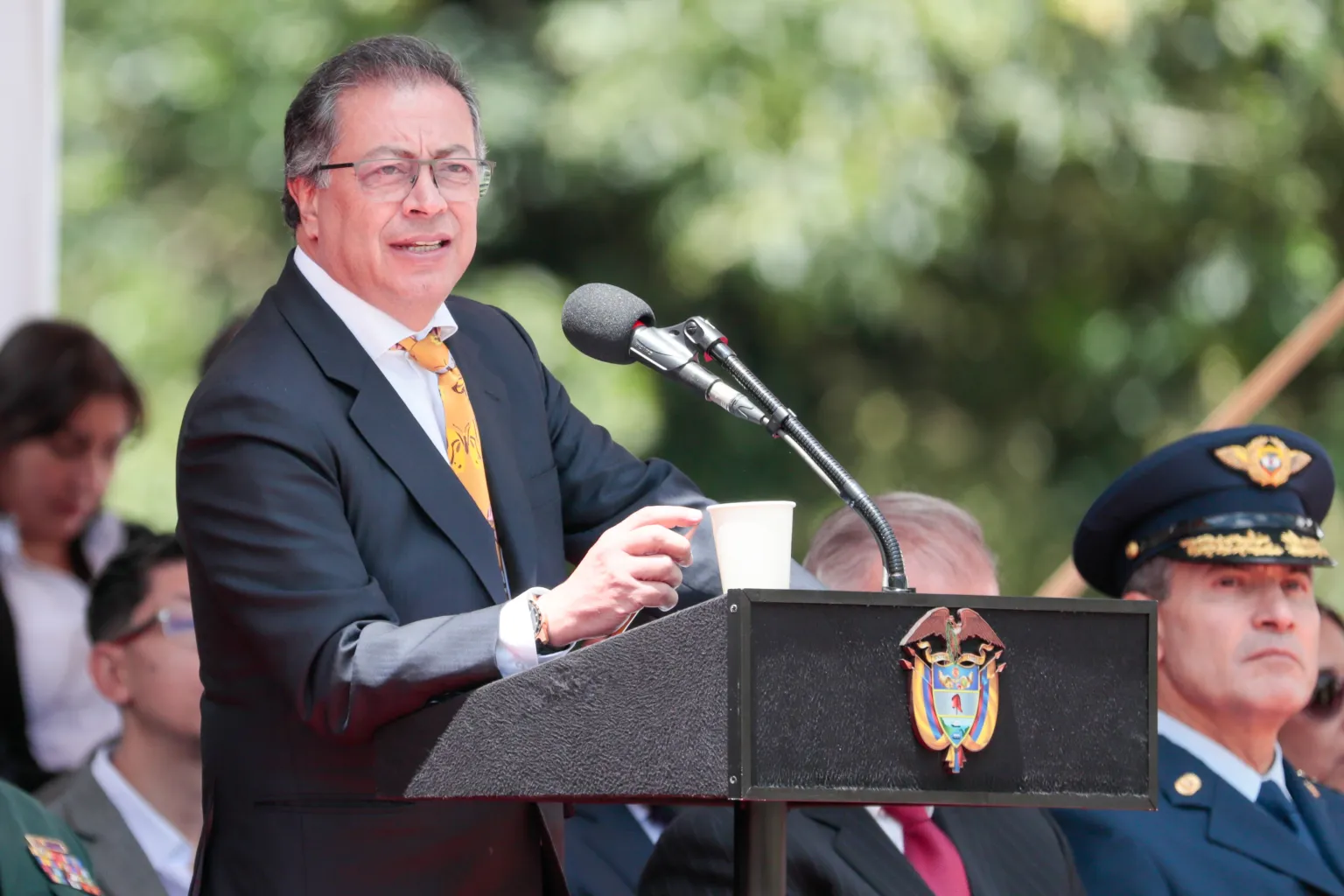
Colombian President Gustavo Petro said on Saturday that the National Electoral Council (CNE) is taking steps towards “a coup d’état” by wanting to investigate him for possible irregularities in the financing of the electoral campaign that led him to the Presidency.
This week an investigation by the CNE became known, revealed by journalist Daniel Coronell on W Radio, which concluded that Petro’s electoral campaign in 2022 violated the spending limits established in the law and resorted to prohibited sources of financing.
“Every step taken against the president in the electoral council builds a coup d’état,” Petro estimated in his X account, who added: “Do they complain about Venezuela? In Colombia, a coup d’état against the president is advancing.”
This is because the CNE is the competent body to investigate parties, campaign managers and candidates, but the president has immunity, so the exclusive competence to investigate Petro criminally and disciplinary right now is the Commission of Inquiry and Prosecution of the House of Representatives, which has one open for this matter.
Therefore, Petro recalled that “the Constitution does not allow a purely administrative and political instance such as the electoral council, to prepare the way to suspend the president from his functions for a top investigation over which he had no more competence than 30 days after the election.”
However, the CNE alleges that it can investigate both the campaign and the president in the administrative field, as it already did with the campaign of former presidents Iván Duque and Juan Manuel Santos, and with it impose fines or refunds.
The CNE investigation against Petro
The investigation carried out by the CNE, led by the magistrate of the Liberal Party Benjamín Ortiz and the uribista Democratic Center Álvaro Hernán, and which according to the president “has no binding force”, concluded that Petro’s campaign crossed the limits by more than 5.3 billion pesos (1.27 million dollars) and that he also received contributions from legal entities, something explicitly prohibited by the electoral law.
Thus, during the first round it was supposedly exceeded by 3.7 billion pesos (888,650 dollars) and there were seven violations, among which it would have been omitted to report a contribution of 500 million pesos ($120,000) from the main education union, Fecode, and another contribution of the same amount from the Democratic Pole party that is part of the governing coalition.
Among the irregularities is linked to Xavier Vendrell, a Catalan politician investigated for what happened during the Catalan ‘process’ and close to Petro, specifically for not having reported the payment to electoral witnesses during the campaign.
Vendrell, who held the position of councilor of the Republican Left of Catalonia (ERC), worked in Petro’s campaign as head of electoral witnesses and campaign strategist, and indicated that he continued to be linked to Petro’s Government, a fact that the president has denied claiming that there are no current contracts with the former Catalan politician.
In the second round it overcomes stops
During the second round of elections, the ceilings of 1.6 billion pesos ($382,000) would also have been exceeded and five violations would have been committed.
Among the violations, in addition to the fact that the payments to electoral witnesses managed by Vendrell were not reported, the total cost of renting the Movistar Arena event center in Bogotá, which was used by Petro to celebrate the results of the second round of elections and which cost 250 million pesos (almost 60,000 dollars) and only 150 million ($36,000 dollars) were reported, would not have been reported.
As reported by the W Radio of the CNE investigation, which has not yet been published, there would also be a lack of reports on private flights of the now president during the campaign to attend proselytising events.
International
Gates Foundation to close by 2045 as Bill Gates pledges to donate $200 Billion
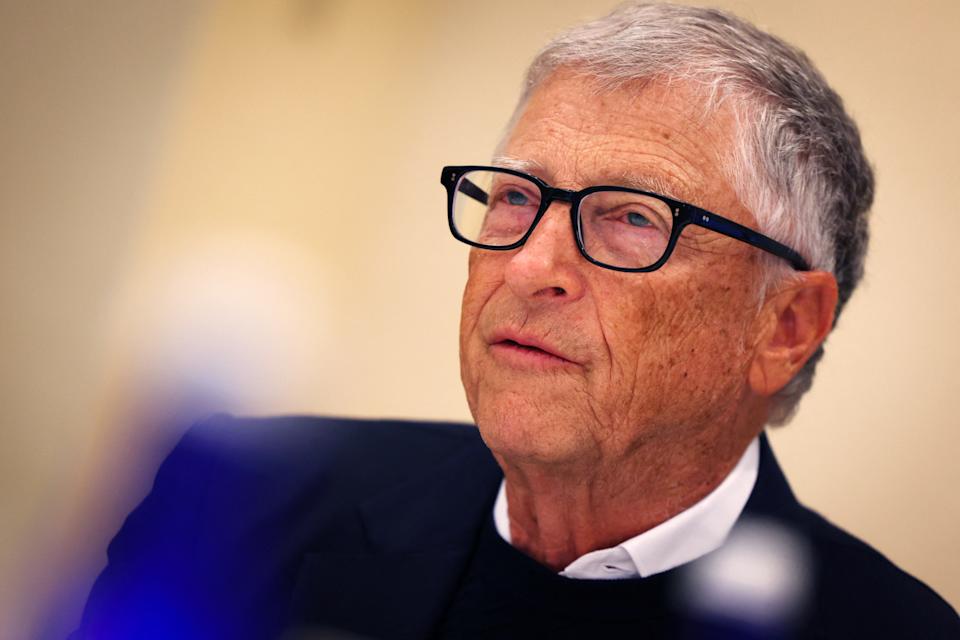
When Bill and Melinda French Gates established the Gates Foundation in 2000, they envisioned an organization that would continue its work for decades after their deaths. But now, Microsoft co-founder Bill Gates says he doesn’t want to wait that long to give away most of his fortune.
On Thursday, Gates announced that he plans to donate “virtually all” of his estimated $200 billion fortune over the next 20 years and will dissolve the foundation on December 31, 2045.
The announcement comes amid deep cuts by the Trump administration to funding for health, foreign aid, and public assistance programs — the very causes the Gates Foundation supports. The shift raises concerns about setbacks in global health research and critical development initiatives.
Gates says he wants to accelerate the foundation’s work in global health and equity, and hopes the move will inspire other billionaires to follow suit. In a blog post published Thursday morning, he emphasized that the foundation’s final phase should serve as a model for large-scale philanthropic impact.
This new pledge builds on Gates’s long-standing commitment to philanthropy. Alongside French Gates and Warren Buffett, he co-founded the Giving Pledge in 2010, which encourages billionaires to donate the majority of their wealth either during their lifetimes or in their wills. The campaign now has more than 240 signatories worldwide.
International
Bill Gates accuses Elon Musk of endangering the world’s poorest children
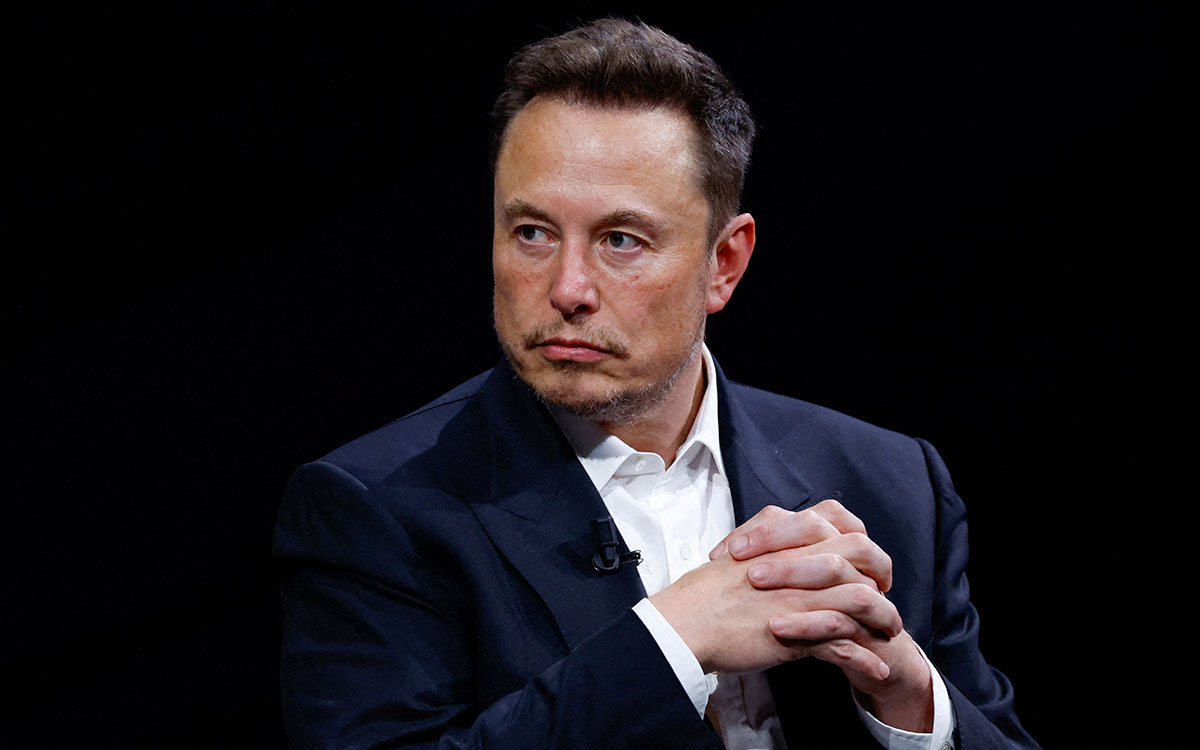
Bill Gates, co-founder of Microsoft turned global health philanthropist, sharply criticized Elon Musk in a recent interview with The New York Times, saying the tech billionaire is “the richest man in the world and is involved in the deaths of the world’s poorest children.”
At 69, Gates announced that the Bill & Melinda Gates Foundation will cease operations by 2045, and he urged the next generation of billionaires to step up. However, he expressed concern that today’s wealthy individuals are less committed to humanitarian work than they were two decades ago.
He cited Elon Musk as a prime example: “He’s the one who cut the USAID budget. He shredded it — all because he didn’t attend some party that weekend.”
Gates argued that Musk “could have been a great philanthropist,” but instead, “the richest man in the world is now contributing to the deaths of the world’s poorest children.” He pointed to how cuts to USAID have disrupted essential programs fighting HIV, malaria, and polio.
Gates called on the global elite to do more: “It’s not that we’re running out of rich people. There will be more, and they’ll reflect on what AI has done — or hasn’t — and what governments have done — or haven’t.”
Looking ahead, he urged future billionaires to commit to greater philanthropy, especially as his own foundation phases out: “The rich of today should do more. The rich twenty years from now should do more.”
Despite his criticisms, Gates maintained his trademark optimism. He dismissed fears that repeated U.S. administrations will continue cutting humanitarian budgets: “I don’t think there will be administration after administration slashing these things. If we look 20 years ahead, I believe we’ll continue reducing child mortality.”
Gates also expressed faith in artificial intelligence, suggesting it can provide medical expertise in remote regions on par with doctors with decades of experience — potentially even better than what’s available in wealthy countries.
International
VP JD Vance to World Cup visitors: “Enjoy the game, then go home”
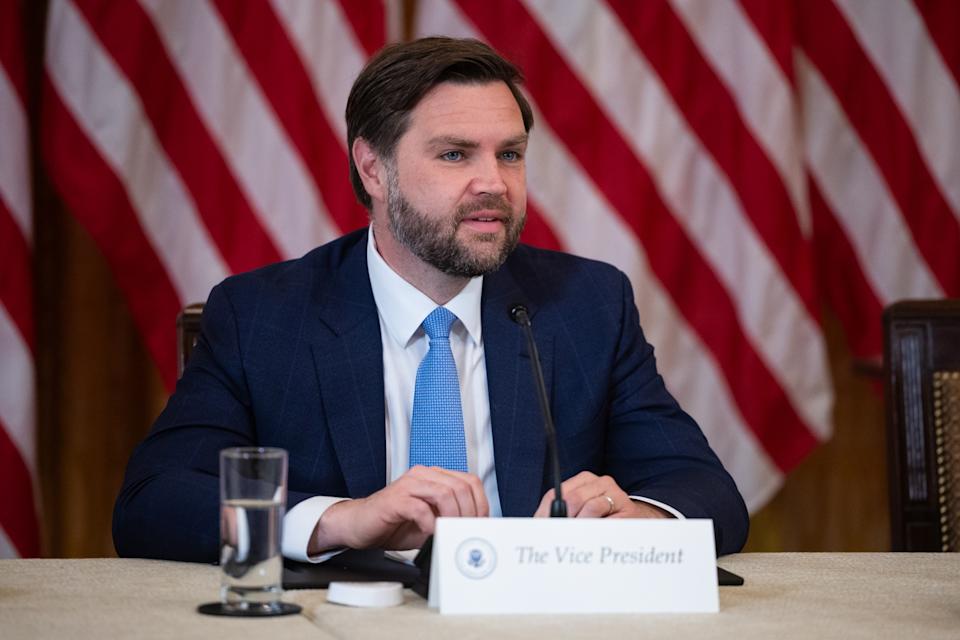
U.S. Vice President JD Vance issued a light-hearted but firm warning to international visitors planning to attend the 2026 FIFA World Cup, which will be co-hosted by the United States, Canada, and Mexico.
“We know we’ll have visitors, probably from close to a hundred countries. We want them to come. We want them to celebrate. We want them to enjoy the games,” said Vance during a press conference on Tuesday focused on the organization of upcoming major sporting events in the U.S.
“But when it’s over, they’ll have to go home,” he added.
Vance, speaking in a joking tone, also mentioned Homeland Security Secretary Kristi Noem, saying, “Otherwise, they’ll have to speak with Secretary Noem.”
The comment came during the first joint working session aimed at preparing for the 2026 World Cup, which will feature 48 national teams and take place across multiple cities in North America.
-
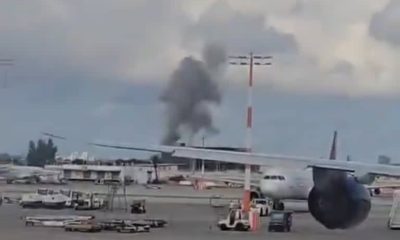
 International4 days ago
International4 days agoHouthis threaten israeli airports, urge airlines to cancel flights
-

 International4 days ago
International4 days agoAmerican Airlines sued after woman alleges sexual assault on flight
-
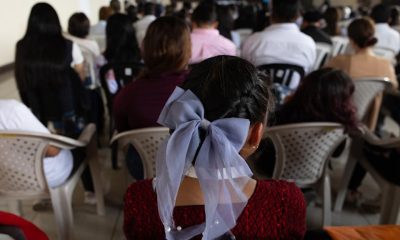
 Central America1 day ago
Central America1 day agoThousands of Guatemalan girls forced into motherhood due to sexual violence
-
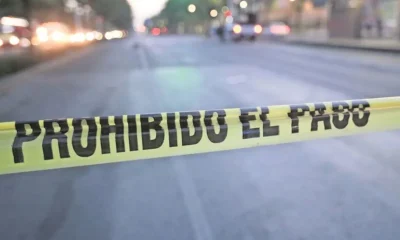
 International3 days ago
International3 days agoSinaloa Cartel faction leader ‘Chuy’ Guzmán Castro detained in Mexico amid rising violence
-
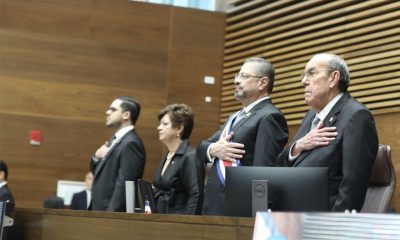
 Central America3 days ago
Central America3 days agoCosta Rica congressional leader warns of authoritarian drift under president Chaves
-
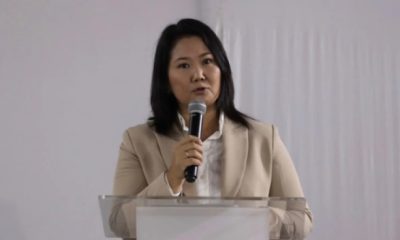
 International3 days ago
International3 days agoProsecutor José Domingo Pérez reinstated in Fujimori corruption case
-
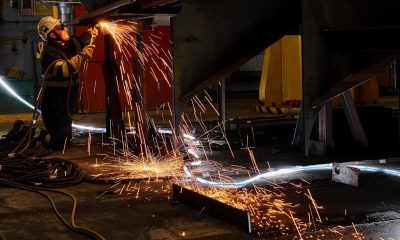
 International3 days ago
International3 days agoSpain approves plan to reduce workweek to 37.5 hours
-
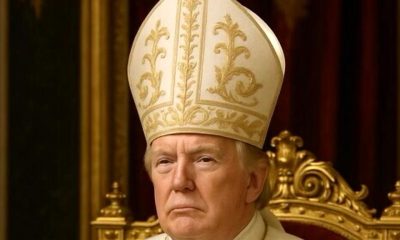
 International3 days ago
International3 days ago“Give me a break”: Trump defends AI image of himself as the Pope
-
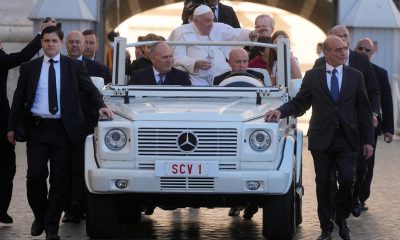
 Sin categoría3 days ago
Sin categoría3 days agoPope Francis donated Popemobile transformed into mobile clinic for Gaza’s children
-

 International3 days ago
International3 days agoSheinbaum rejects U.S. military presence in Mexico’s war on drugs
-
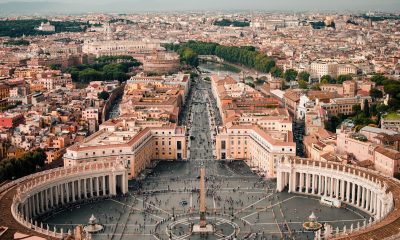
 International3 days ago
International3 days agoSins of the Vatican: Scandals, abuse, and a cardinal’s fall from grace
-
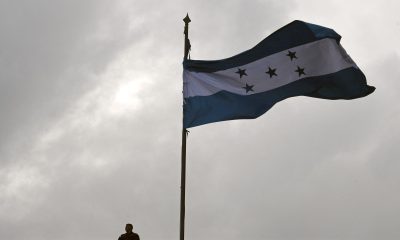
 Central America1 day ago
Central America1 day agoExperts urge action to protect democracy ahead of Honduras elections
-
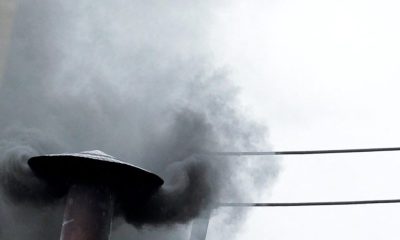
 International1 day ago
International1 day agoLong wait at the Vatican: experts defend lengthy papal election process
-

 International1 day ago
International1 day agoXiomara Castro’s government vows to protect citizens amid threat reports
-
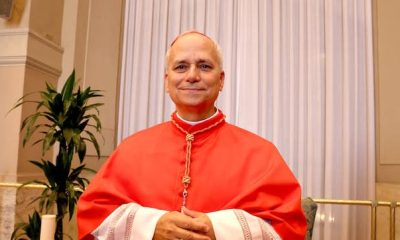
 Internacionales7 hours ago
Internacionales7 hours ago“A great honor for our country”: Trump congratulates Pope Leo XIV
-

 International7 hours ago
International7 hours agoBill Gates accuses Elon Musk of endangering the world’s poorest children
-
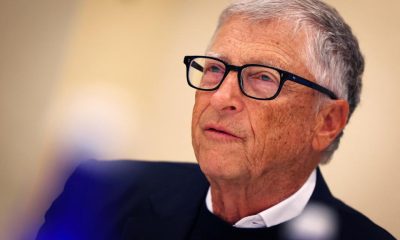
 International7 hours ago
International7 hours agoGates Foundation to close by 2045 as Bill Gates pledges to donate $200 Billion
-
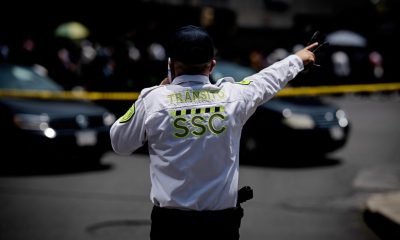
 International7 hours ago
International7 hours agoStrong winds cause stage collapse in Mexico City; seven hurt
-
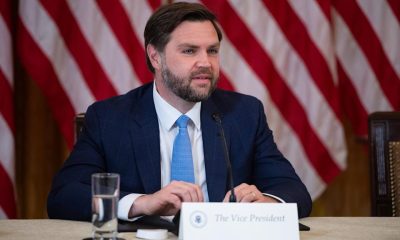
 International7 hours ago
International7 hours agoVP JD Vance to World Cup visitors: “Enjoy the game, then go home”

















